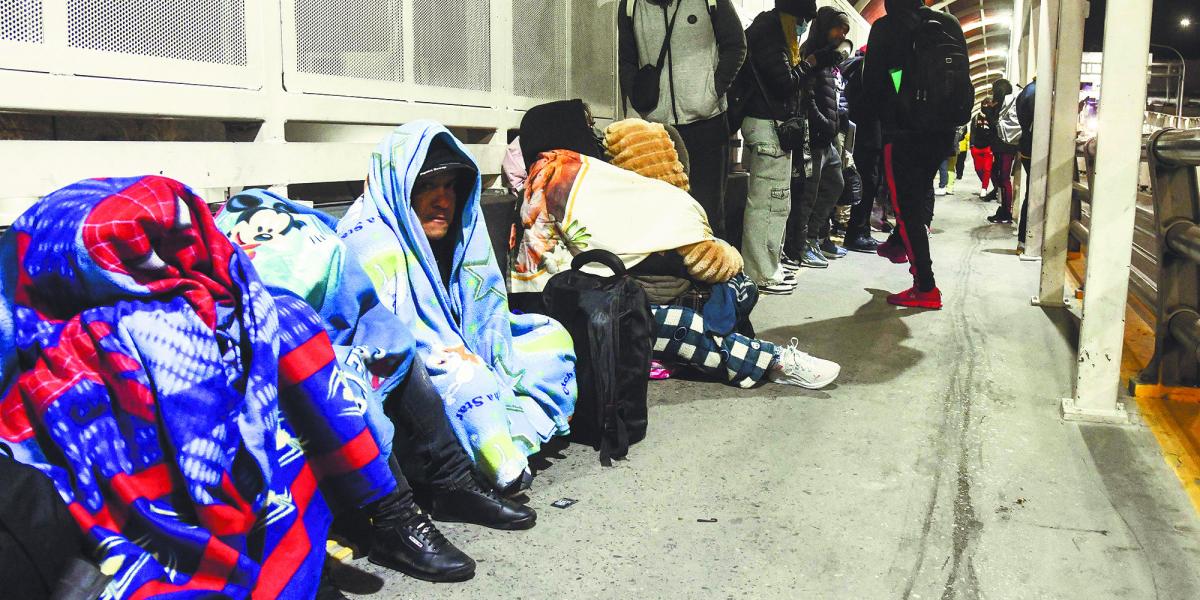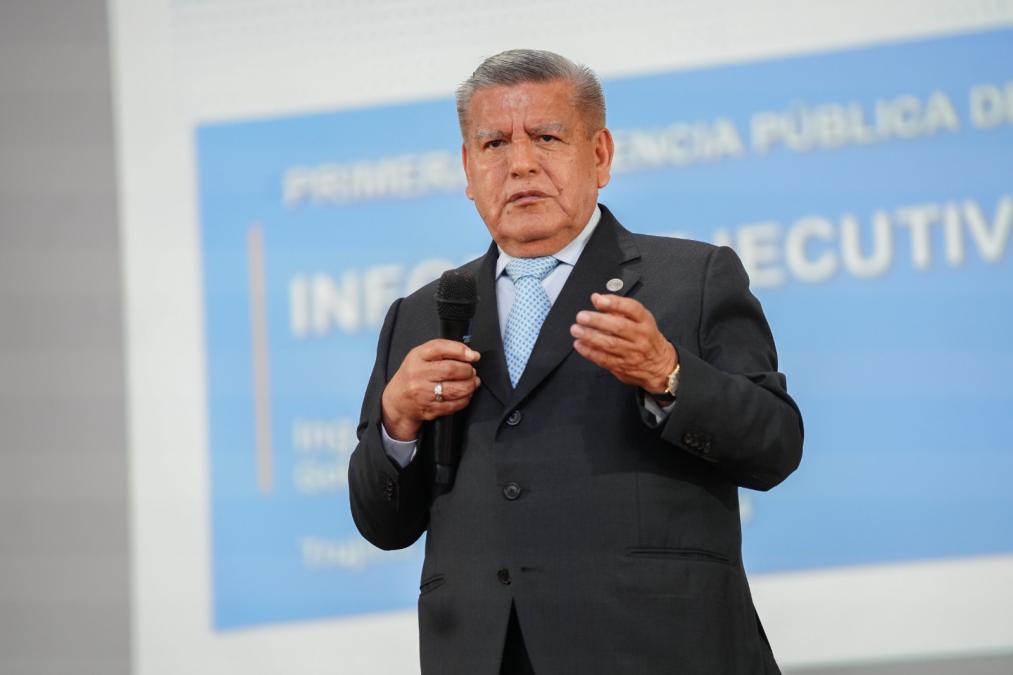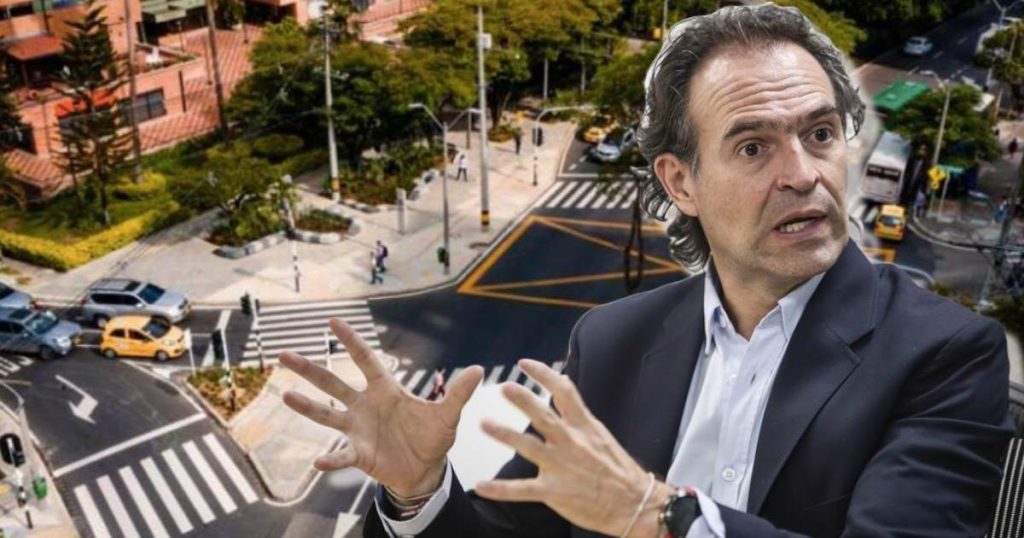Mayors in the north of the country remain on alert and uncertain due to the threats of mass deportations of migrants made by the new president of the United States, Donald Trump.
Claudia Agatón Muñiz, mayor of Ensenada, Baja California, told El Economista that actions were intensified in her municipality to address the issue and detailed that, since last week, working groups have been held with the state government and that Last Monday night the first migrants were received in the city.
“We are already doing the containment route, especially social to be able to agree with the procedures and, above all, with the supply of the formal part, which is: food, shelter for them (connationals)… We are going to request in a manner very express, so give it continuity through the federal government to be able to help us and see what crude policies or what level President Trump will take them to,” he said.
And he added: “we are focusing on giving them (returning Mexicans) information and support since their arrival, with a humane and preventive approach to prevent them from falling prey to illicit activities within the city,” added Agatón within the framework of the National Meeting. Municipal, which took place last Thursday in Mexico City.
Fernando Martínez Manríquez, municipal president of Altamira, Tamaulipas, noted that measures are being taken to offer temporary shelter to migrants, as well as employment opportunities for those who are repatriated.
“Measures are being taken so that the migrants that we receive in our state have a place to stay while they spend the night and while they go to their places of origin, those who are from Tamaulipas, then also take them and consider the opportunity to give them the better,” he mentioned.
For her part, the governor of Chihuahua, Maru Campos, at the aforementioned event, told the media that her administration is in a state of preventive alert due to the uncertainty over possible deportations and mass repatriations of Mexicans after the inauguration. of the new president of the United States.
“All the secretaries of the State Government are in preventive mode, on alert (…) we do not really know what measures are going to be taken, what size the deportations or repatriations will be,” he stated.
He mentioned that, so far, the focus of the actions to be carried out are focused on guaranteeing basic conditions for those who arrive in the state, particularly on health and food issues.
“There are approximately 21 shelters in Ciudad Juárez, in Ojinaga we have four, nothing more, but the federal government has been carrying out reviews to put up tents or put up other types of centers to support migrants,” he said.
The municipal president of Nuevo Laredo, Carmen Lilia Canturosas Villarreal, indicated that, in the town, tents, bathrooms, dining rooms and other necessary services are being installed to address this situation. In addition, we have three municipal shelters that could receive around 1,000 people.”
The mayor stressed that, although there are still no concrete figures on how many people could be deported, the municipality is focused on guaranteeing medical care, food and accommodation for migrants.
Canturosas Villarreal also reiterated that support will not be limited exclusively to Mexicans, highlighting that the municipality is willing to receive and serve people of other nationalities if necessary, under a humanitarian approach.
“I want to highlight and I want to tell you that as a municipal government we are going to work in coordination, but the federal government has not asked us to put in money or that we are only taking charge of the issue… the federal government is assuming responsibility,” he said.
Emergency plan
On December 27, in a morning press conference, the president of Mexico, Claudia Sheinbaum, reported that the Ministry of the Interior is coordinating a special program to guarantee that deported Mexicans can rebuild their lives in the country.
“The first thing is to support Mexican men and women who live in the United States with the work of the consulates and the recognition of their work in that country. If they arrive in Mexico, they will be provided with all the facilities to access the Welfare Programs and adequate conditions where they decide to settle,” he stated.















